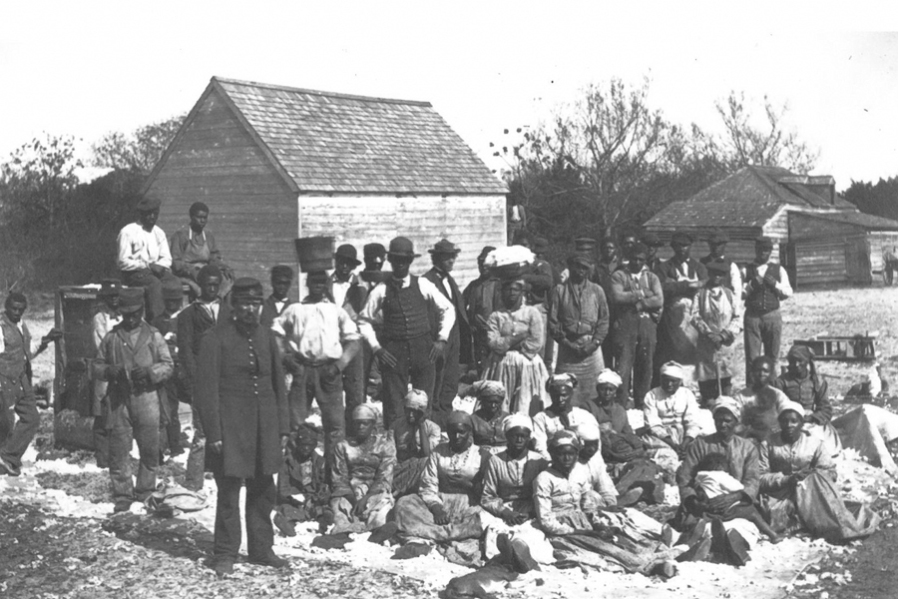
White people kill Black people because they’re doing things right, not despite that. That’s the problem, you see. We can’t have that.
Black people who start hot meal programs for the people in their communities – we can’t have that. Black people who attend church every week – we can’t have that. Black people so carefree they spend time together at the pool – nope, that’s not gonna work.
When you have to be afraid to simply be in the world—to be with your friends, to buy candy, to look at toys, to worship, to walk—you’re living in terror. People who stare that terror in the face and live anyway, and thrive anyway, and help anyway, those are the people whites fear the most.
The terrorist massacre in Charleston occurred about 100 miles away from an area in South Carolina where, in 1862, Union Army General Ormsby Mitchel ordered that a town for freed Blacks be created. The town, which came to be called Mitchelville, was designed as an experiment to demonstrate to white people whether African Americans were capable of organizing and governing themselves after emancipation.
This was all explained to my family and me by a Gullah man named Emory Campbell when we visited the area three years ago. It will not surprise you to learn that the town thrived. The “experiment” worked, and the 1500 African Americans who lived there succeeded in establishing farming collectives, stores, a government, a school (along with laws about compulsory education), and a church.
And that was the problem. According to Campbell, the town was set on fire – not unlike other Southern towns along the coast, from Charleston to Florida, that had been ordered by Union Army General William Sherman to be settled by freed Blacks for farming. Mr. Campbell showed us the only material remains of Mitchelville, South Carolina: some bricks from the church the community built.
Success is a damnable thing for Blacks. Some forms of social organization (such as mass incarceration and residential segregation) are meant to stifle such success. But when people achieve success anyway, well, we’ve got to put a stop to that, don’t we?
(Photo Credit: WoodandPartners.com)